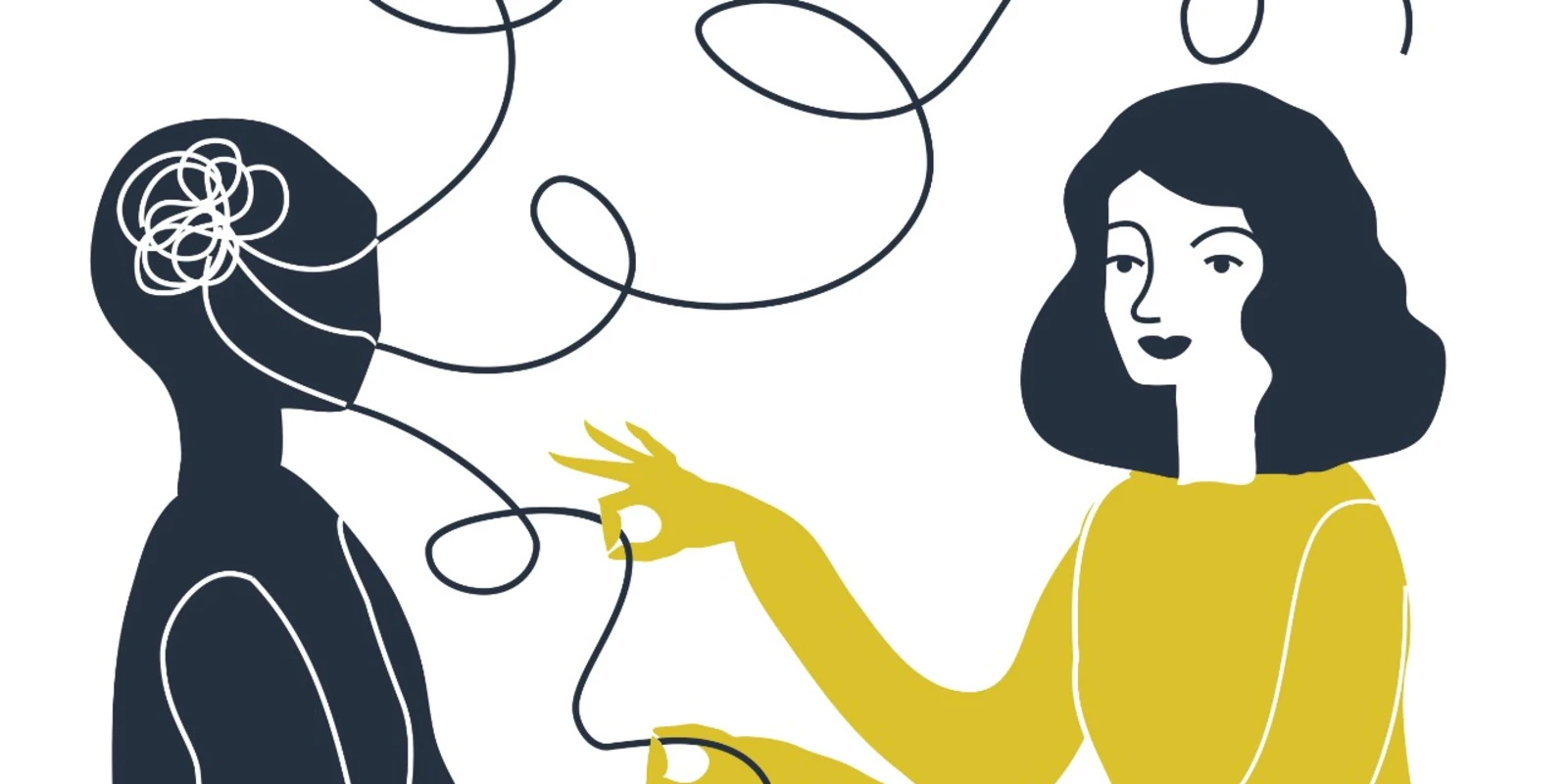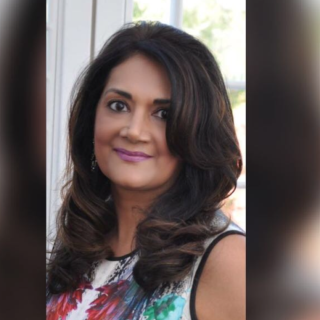
In my third year of psychiatry residency I was assigned a 63-year-old woman from an unlocked ward of the private psychiatric hospital where I was training. I would see her for individual psychotherapy two times per week in my office that opened directly onto the grounds of the hospital. At that time of year the hospital was lush with trees; an emerald asylum under an open sky in the midst of a large city, designed as a retreat for those suffering from mental health disorders. In those days, hospitalizations of weeks and months were typical and we would see patients for therapy once they were stabilized sufficiently.
My new patient knocked on the door of my office exactly at the scheduled hour. I was meeting her for the first time and I took measure of her; she looked her age, slightly fleshy with short grey hair, dressed in comfortable shoes and conservative clothing. The aura of stillness and the austerity of her presence were striking; I checked off flat affect and psychomotor slowing in her chart. She told me she had been depressed for months. She described herself as a calm person whose mood never varied much until the onset of this depression that hovered initially as an occasional black cloud then worsened into a constant dark shroud of sadness and dread. She was plagued by the thought that something bad was about to happen. I remarked on her stillness and told her that in the face of a threat we make ourselves silent and small in the hope we will not be noticed. I suggested that facing the fear might lessen the depression, but on that first meeting we didn’t come close to identifying any real or imagined threat.
We stuttered along for many sessions; my offering soothing statements, gradually forging an alliance and yet never eliciting from her any genuine affect. I felt I was failing to connect to her as a whole person with a wider and deeper history than the bland details she provided. Everything in her life had been good enough: her marriage of 30 years, her two daughters, three grandchildren, her job. She grieved her husband’s death six years prior then returned to her usual state of “just fine.” The room often felt stagnant during our session and I felt as if I was flailing while she sat quietly, cooperative and pleasant, but distant. I fought the urge to introduce some spark into our sessions and tempered my responses to an affective notch just slightly above hers.
I had been taping our sessions to review in supervision. She ignored the bulky tape recorder until one day she quietly asked, “Dr. Gupta are you allowed to turn that off?” to which I responded by switching it off. She looked away from me and said, “I want to tell you something I have never told anyone, not even my husband.” And with that I became the first person she told of being sexually abused by her soccer coach from the age of 12 to 14. He offered to drive her home on the days that her parents couldn’t. Over time, he groomed her into his victim; his attention becoming affection morphing into forced hugs and kisses and escalating finally to rape. Her shame and his threats toward her family effectively silenced her. Her personality changed from outgoing and gregarious to quiet. Her grades fell. No one suspected what was occurring. Finally, in a display of defiance that stunned her parents, she refused to continue playing soccer. Still no one suspected. The coach no longer had access to her and the abuse ended. For years she lay in bed at night feeling he might be lurking nearby. At times she awoke with the sense that someone had been next to her or on top of her. We ended our session that day with the understanding that the bad thing she dreaded had already happened. After she left my office I sat immobilized in my own silence for a while.
She was ten minutes late for our next session and I began to question what I might have done wrong in our last one. I was relieved to hear a knock. She told me she had been standing outside unable to raise her hand. Post-disclosure, her anxiety and mine were counterbalanced on either side of the door. I suggested she take the longer path to my office from then on; the extra time outdoors might soothe her. I told her to distract her mind by describing with five adjectives every sight, sound and smell along the way. This helped her and she was on time for our remaining sessions.
She now spoke in a new voice, slightly stronger and fuller, and the office filled with churning, painful vibrancy. She wrung her hands or grasped the arms of her chair. Some days I held onto my own chair, subconsciously mirroring her clutching at stability. She cried, then wept. One day she wailed. I encouraged her to express anger. Everyone on her treatment team agreed she was making progress; she was more engaged and authentic.
When her hospital stay ended I had to transfer her to a psychiatrist in the community; we had both known this from the outset. Our last session was somber and sad and full of emotion. We reviewed the progress she had made and talked about the path ahead. I told her to take pride in unlearning her helplessness. I told her she should be awed by her own strength.
Twenty years into practice I still think of her. I think of her whenever a patient has a delayed grief reaction or PTSD with delayed onset. I think of her when I hear the words, “I have something to tell you that no one else knows.” I think of her especially when I have a patient who has taken the long way to my office.
Mala Adlaka-Gupta M.D. has practiced Child and Adolescent, Adult and Forensic psychiatry for over two decades in South Jersey. She is Medical Director and Director of Child and Adolescent Psychiatry at Centra P.C., a large multidisciplinary psychiatric practice. She has no conflicts of interest to disclose.






